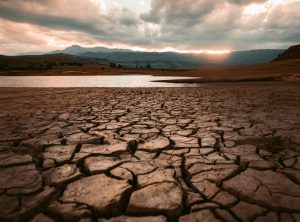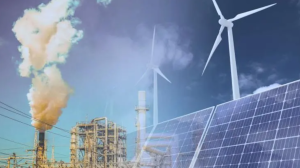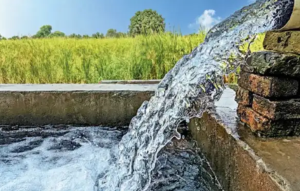
How climate risks are shaping the landscape for Asia-Pacific financial institutions
A study by S&P Global Sustainable1 shows that financial institutions in the Asia-Pacific region face rising risks from climate change and biodiversity loss, given the region’s high exposure to extreme weather. Despite their key role in funding climate action, only 13% have net-zero targets for financed emissions, 19% have adaptation plans, and 35% conduct climate risk scenario analyses. Biodiversity commitments are limited, though higher in countries like India. The report calls for more data-driven, localized strategies to help institutions manage environmental risks and support a low-carbon transition.






